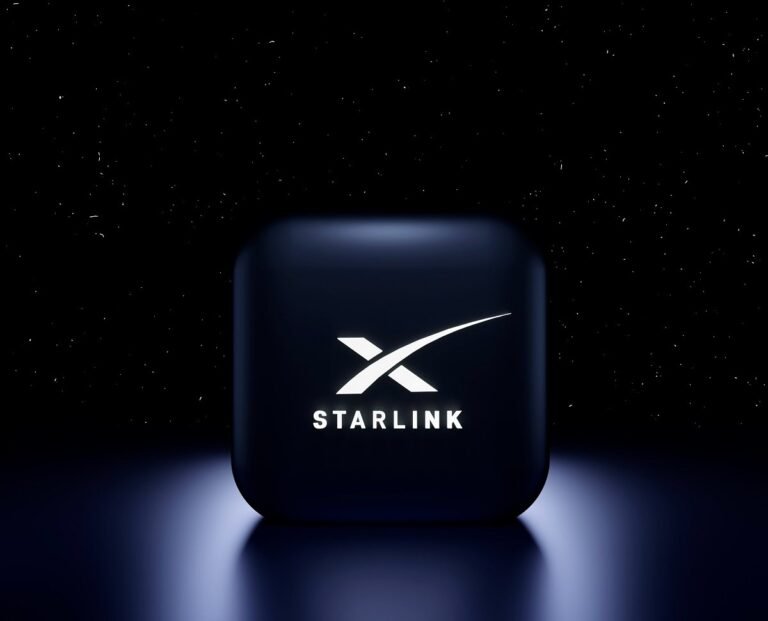Zambia’s government has begun distributing Starlink kits to the country’s 150 constituencies, with each constituency getting one kit, just two months after Starlink launched its satellite internet service in the nation.
This move is part of the government’s desire to address Zambia’s dire state of internet access. The southern African country faces a challenging internet landscape, with a mere 21% penetration rate, leaving over 20 million people, particularly in rural areas, with poor or no access.
The high cost of maintaining internet infrastructure has deterred many traditional internet service providers from reaching these remote populations. Starlink’s founder, Elon Musk, has repeatedly noted that the satellite internet service was designed to cater to such underserved areas.
However, the move to distribute free Starlinks raises concerns about sustainability. Each Starlink kit costs ZMK 10,744 ($505), and the monthly subscription fee is ZMK 771 ($36). The Zambian minister of technology and science announced on Twitter that the government would cover both costs for a year. Yet, with Zambia ranked as the 16th poorest country globally, doubts arise regarding the long-term viability of this initiative, especially considering that about 64% of Zambians live on less than $2 per day.
The actual impact on internet accessibility is also another issue. While the ministry claims that Starlink can connect 300 devices per router, Starlink’s website contradicts this, stating that each router handles only 128 devices. Across all 150 constituencies, this implies that only 19,200 devices can access the internet simultaneously. This challenges the notion of a revolutionary internet transformation, as portrayed by Zambia’s minister of technology and science.
As Zambia grapples with bridging the digital divide, the distribution of free Starlink kits may be a noteworthy step, but could be a double-edged sword due to the financial sustainability problems.
The success of Zambia’s Starlink distribution initiative may hinge on addressing these issues to ensure that it genuinely brings about positive change in Zambia’s internet landscape.




